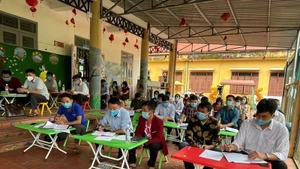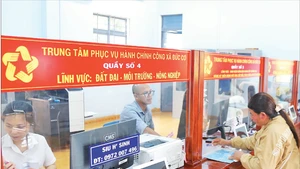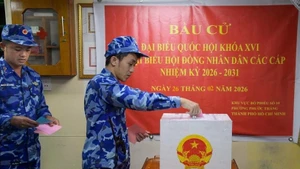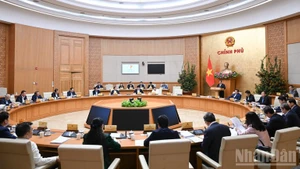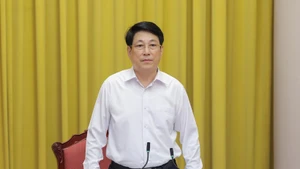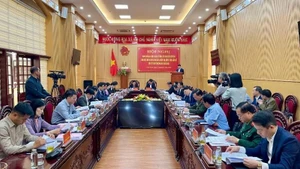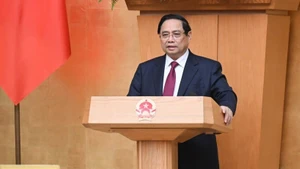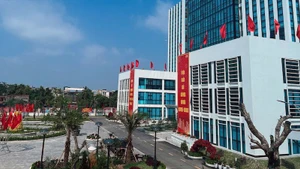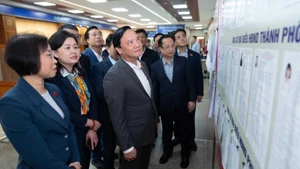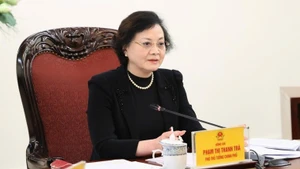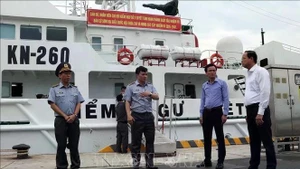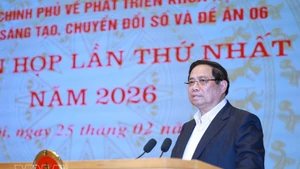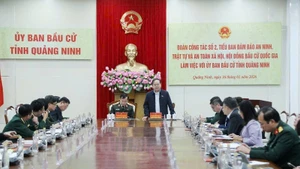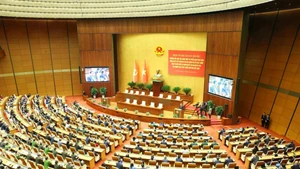According to the report presented at the 28th meeting of the Central Steering Committee for Prevention and Control of Corruption, Wastefulness, and Negative Phenomena, in the first half of 2025, the Party Central Committee, Politburo, and Secretariat issued over 100 documents on Party building and anti-corruption work.
The National Assembly amended several provisions of the 2013 Constitution, passed 38 laws, and adopted 45 resolutions. The Government revised, supplemented, and promulgated more than 300 decrees, resolutions, and directives, while ministries, sectors, and localities issued over 3,277 documents, notably featuring the National Strategy on Anti-Wastefulness to 2035 and a number of mechanisms designed to address obstacles in projects at risk of loss or inefficiency.
These achievements help strengthen public trust and reaffirm the Party’s strong political will to build and rectify the Party and the political system.
However, the draft documents for the upcoming 14th National Party Congress frankly acknowledge that the fight against corruption, wastefulness, and negativity still faces significant challenges. Some preventive measures remain formalistic, with inspections and evaluations still irregular, reducing overall preventive effectiveness. In certain localities, ministries, and sectors, the detection and handling of corruption and wastefulness have shown limited progress. Corruption and negativity remain complex, causing serious consequences, with collusion between corrupt officials and businesses.
Facing new requirements, the draft documents reaffirm the Party’s stance of resolutely and persistently promoting efforts to prevent and combat corruption, wastefulness, and negativity. Proposed solutions include: mobilising the combined strength of the entire political system and the people; synchronously implementing measures to build mechanisms that ensure officials and organisations “cannot,” “do not dare,” “do not want,” and “do not need” to engage in corruption or wastefulness; combining prevention with detection and strict handling — ensuring no “restricted zones” or “exceptions”; emphasising prevention as the fundamental and long-term approach, while treating detection and punishment as important breakthroughs; improving and strictly enforcing institutional mechanisms for anti-corruption and anti-wastefulness; enhancing the combativeness of Party committees and organisations, to proactively prevent, detect, and handle corruption and negativity within their own structures.
According to Nguyen Huyen Trang, from the Party Building Committee of Nho Quan commune (Ninh Binh province), the draft documents comprehensively propose decisive and breakthrough solutions that demonstrates new thinking and strong political determination across the entire system.
The draft documents comprehensively propose decisive and breakthrough solutions that demonstrates new thinking and strong political determination across the entire system. However, to build a tight preventive mechanism that makes corruption, wastefulness, and negativity “impossible,” the draft should also include additional strategic directions and specific, synchronised measures.
However, to build a tight preventive mechanism that makes corruption, wastefulness, and negativity “impossible,” the draft should also include additional strategic directions and specific, synchronised measures. These should focus on improving institutions — particularly mechanisms for power control — and reviewing and refining the legal system, especially in areas prone to abuse such as land, public assets, investment, and procurement.
Trang emphasised that the draft should clearly highlight the need to strengthen discipline and order in policy formulation and implementation. She stressed that anti-wastefulness must be given equal importance to anti-corruption, while also reinforcing sanctions to hold leaders accountable for wastefulness or losses.
The draft, she suggested, should propose mechanisms for the prompt resignation or replacement of officials responsible for corruption, misconduct, or wastefulness within their agencies or units. At the same time, it should establish mechanisms to encourage and protect officials who are innovative, decisive, and willing to take responsibility for the common good.

